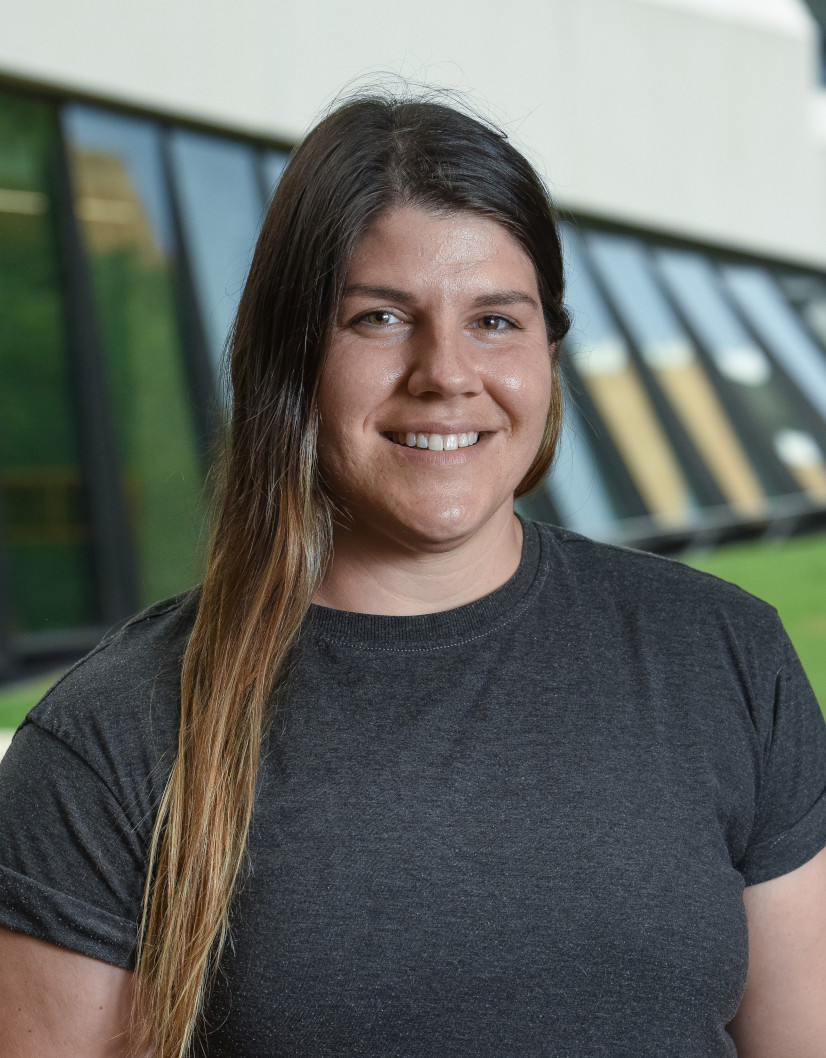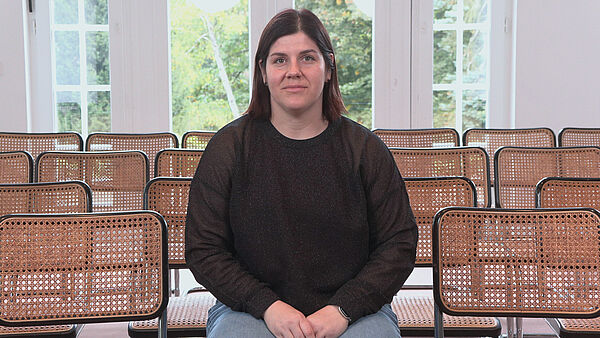
Ashley M. Dungan, Ph.D.
Microbial Ecology
Universität Melbourne
Australian Institute of Marine Science, Townsville, QLD
from September 2024 to February 2025
Born in 1989 in Hornell, N.Y., USA
B.Sc. in Biology and Chemistry from the State University of New York College at Brockport, M.Sc. in Marine Biology from Nova Southeastern University, Ph.D. in Microbial Ecology from the University of Melbourne
Fellowship
College for Life Sciences
Arbeitsvorhaben
Microbial Rewilding to Enhance Threatened Species Conservation
One strategy to conserve endangered species is to reintroduce captive-bred individuals into the wild. This presents a challenge, as captive animals are not in their natural environments and, potentially more significantly, their diets are completely different. The latter will likely have profound impacts on their gut bacterial microbiome with corresponding negative impacts on their behaviour, health, and fitness.Since diet is a major influencer of gut microbes, it is highly likely that the gut microbiomes of captive-bred populations are different to those from native populations. Thus, to give captive-bred mammals the best chance of survival when they are released into their native habitats, I propose microbial rewilding of the gut microbiome via probiotics as a feasible strategy.
Microbial rewilding has been harnessed as an innovative approach to human health but would add significant value to animal care and conservation. Probiotic use has shown promise in multiple animal systems, from increasing livestock biomass to protecting against lethal fungal infections in captive amphibians and birds, but its application in conservation is nearly absent. My project addresses this imbalance using the fat-tailed dunnart (Sminthopsis crassicaudata) as a target species.
I aim to implement a combination of established and innovative methods to address four key aims:
1) Characterise the gut bacterial composition and putative functions of wild and captive dunnarts via metagenomic approaches – bacterial species and/or functions determined to be absent in captive dunnarts will be probiotic candidates, 2) Establish a pure culture collection of aerobic and anaerobic dunnart gut bacteria – these microbes will be used in probiotic development and administration, 3) Determine the best probiotic administration protocol to achieve a persistent gut bacterial community, and 4) Test if probiotic administration to captive dunnarts enhances host physiology.
Recommended Reading
Dungan, Ashley M., Leon M. Hartman, Linda L. Blackall, and Madeleine J. H. van Oppen (2022). “Exploring Microbiome Engineering as a Strategy for Im-proved Thermal Tolerance in Exaiptasia diaphana.” Journal of Applied Microbiology 132 (4): 2940–2956. https://doi.org/10.1111/jam.15465.
Dungan, Ashley M., Laura Geissler, Amanda S. Williams, Cecilie Ravn Gotze, Emily C. Flynn, Linda L. Blackall, and Madeleine J. H. van Oppen (2023). “DNA from Non-viable Bacteria Biases Diversity Estimates in the Corals Acropora loripes and Pocillopora acuta.” Environmental Microbiome 18: 86. https://doi.org/10.1186/s40793-023-00541-6.
Garcias-Bonet, Neus, Anna Roik, Braden Tierney, Francisca C. García, Helena D. M. Villela, Ashley M. Dungan, Kate M. Quigley, et al. (2023). “Horizon Scanning the Application of Probiotics for Wildlife.” Trends in Microbiology 32 (3): 252–269. https://doi.org/10.1016/j.tim.2023.08.012.
Kolloquium, 12.11.2024
Microbial Rewilding – a Viable Option for Advancing Conservation Outcomes?
It is becoming increasingly clear that the microbial communities living within and on higher host organisms (i.e., the microbiome) play an integral role in host health. These microbial communities fulfill essential roles in host nutrient acquisition, pathogen protection, immune system education, production of vitamins, increasing the flexibility of their host to respond to evolutionary challenges, and even acting as a driver of individual social behaviour and cognition. Thus, the composition of the microbiota plays an important role in the well-being of hosts and its ability to respond to environmental challenges.
Despite the critical importance of a host’s microbiome, traditional conservation efforts to care for threatened species and facilitate reintroduction efforts most often lead to a shift in microbiome structure and function. In captivity, dietary changes, habitat homogenization, stress, unusual interactions with other species, and antibiotic usage can all contribute to this shift with resultant increases in the prevalence of disease and reduced reproductive success. This highlights the critical need to develop and identify effective methods that can improve animal wellbeing in captivity, with microbial rewilding being an emerging, possibly powerful tool for species conservation.
In my talk, I will explore key concepts in the fields of conservation and microbial ecology, discuss how these fields can be integrated, propose a series of experiments that would begin to address major questions, and reflect on the ethical, cultural, and social considerations that should be addressed when working with threatened species.
Publikationen aus der Fellowbibliothek
Dungan, Ashley M. (Amsterdm [u.a.], 2024)
Horizon scanning the application of probiotics for wildlife
Dungan, Ashley M. (Cham, 2023)
Dungan, Ashley M. (Kettering, 2022)
Exploring microbiome engineering as a strategy for improved thermal tolerance in Exaiptasia diaphana
